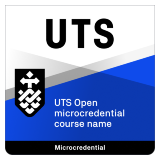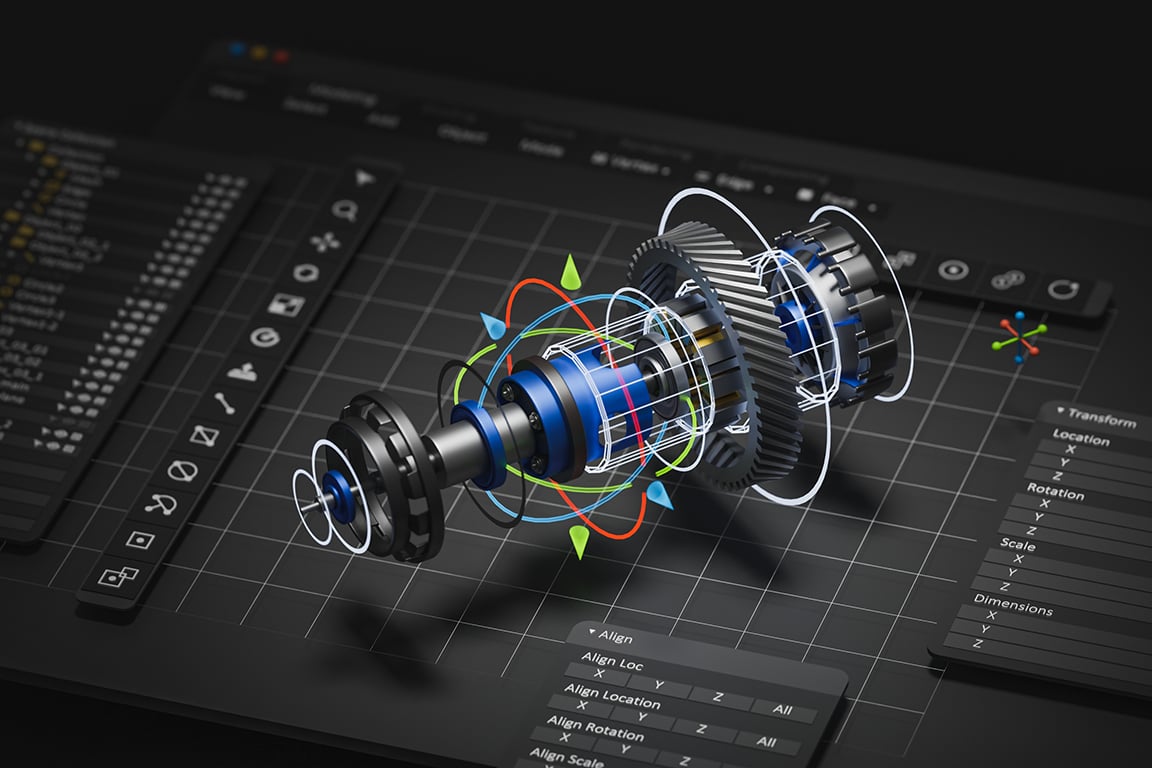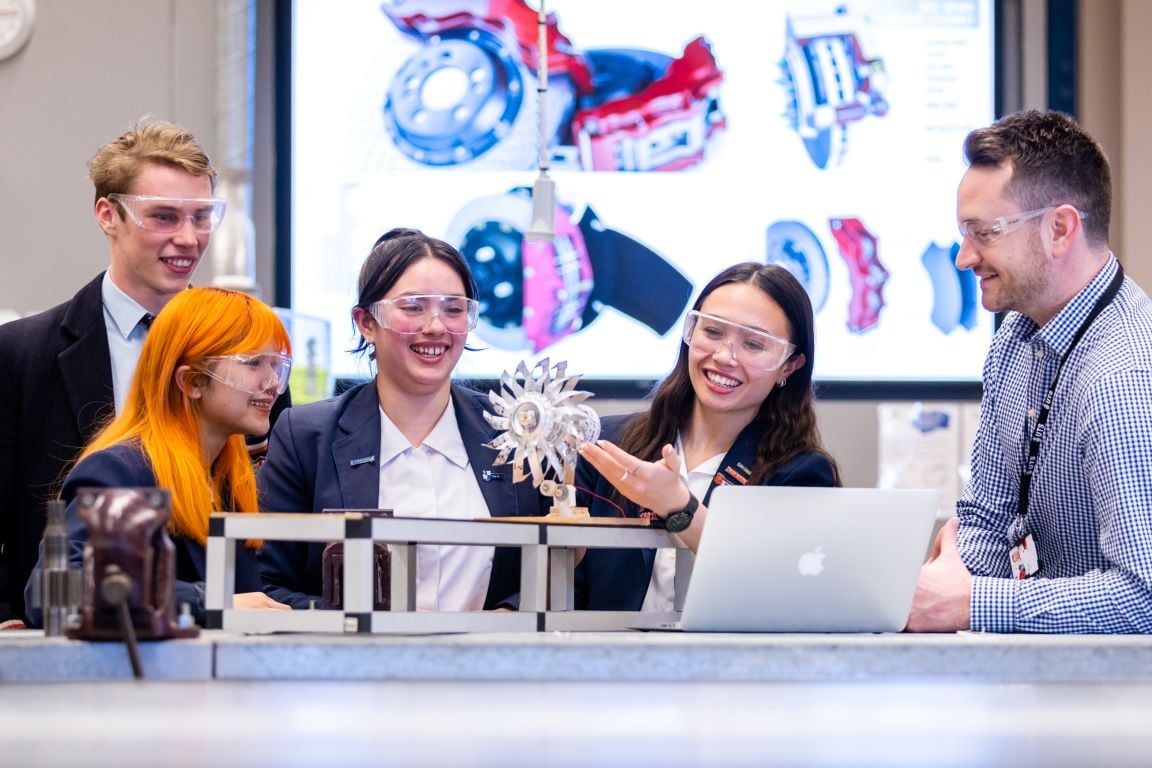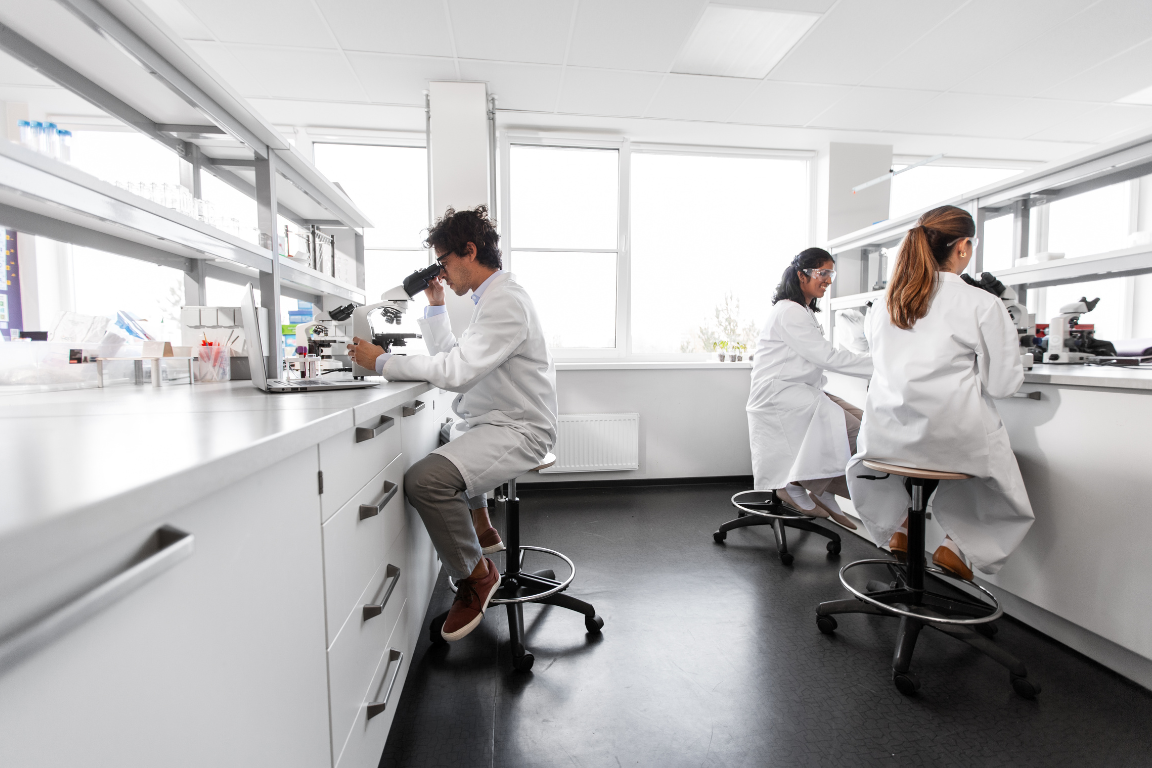The course is structured into four modules, each offering comprehensive coverage. Each module includes self-study materials and facilitated live sessions. The following content will be covered during the course:
- Module 1 - Introduction to Reverse Engineering
Understand the fundamentals of reverse engineering and discuss the associated applications and ethical concerns.
- Module 2 - Product Disassembly and Analysis
Engage in tasks such as product autopsies, disassembly of products, and recording analysis and recovery information.
- Module 3 - Manual Measuring
Learn to identify key dimensions and explore different manual measuring methods used for reverse engineering.
- Module 4 – Validation and Verification Process
Undergo the process of validating and verifying reverse engineering work conducted by yourself and others.
Participants will work with a dedicated course facilitator who will support the learning and engagement online, as well as in-person. Teaching resources have been designed by a lead academic and a team of experts from the Faculty of Design, Architecture and Building.
This eight-week course includes self-paced online learning as well as on-campus workshops held in weeks 1, 4 and 7.


















